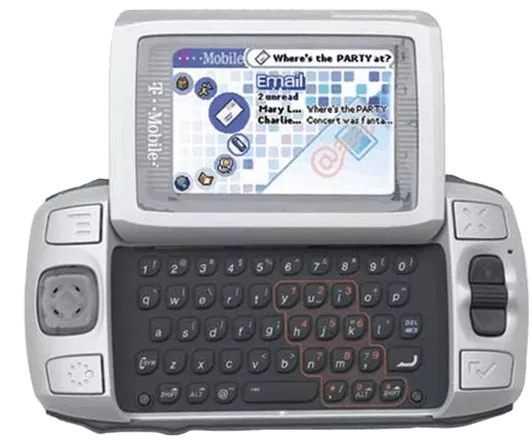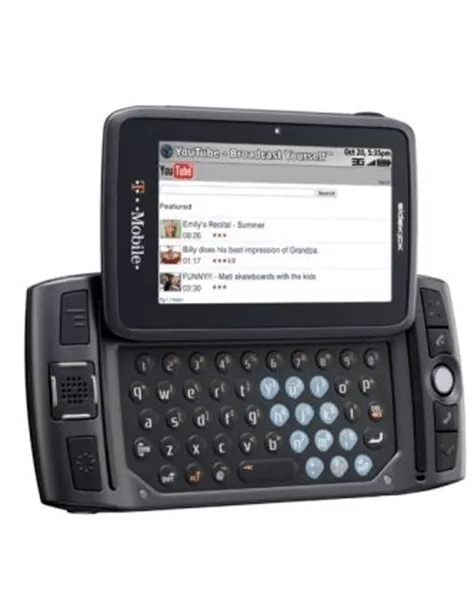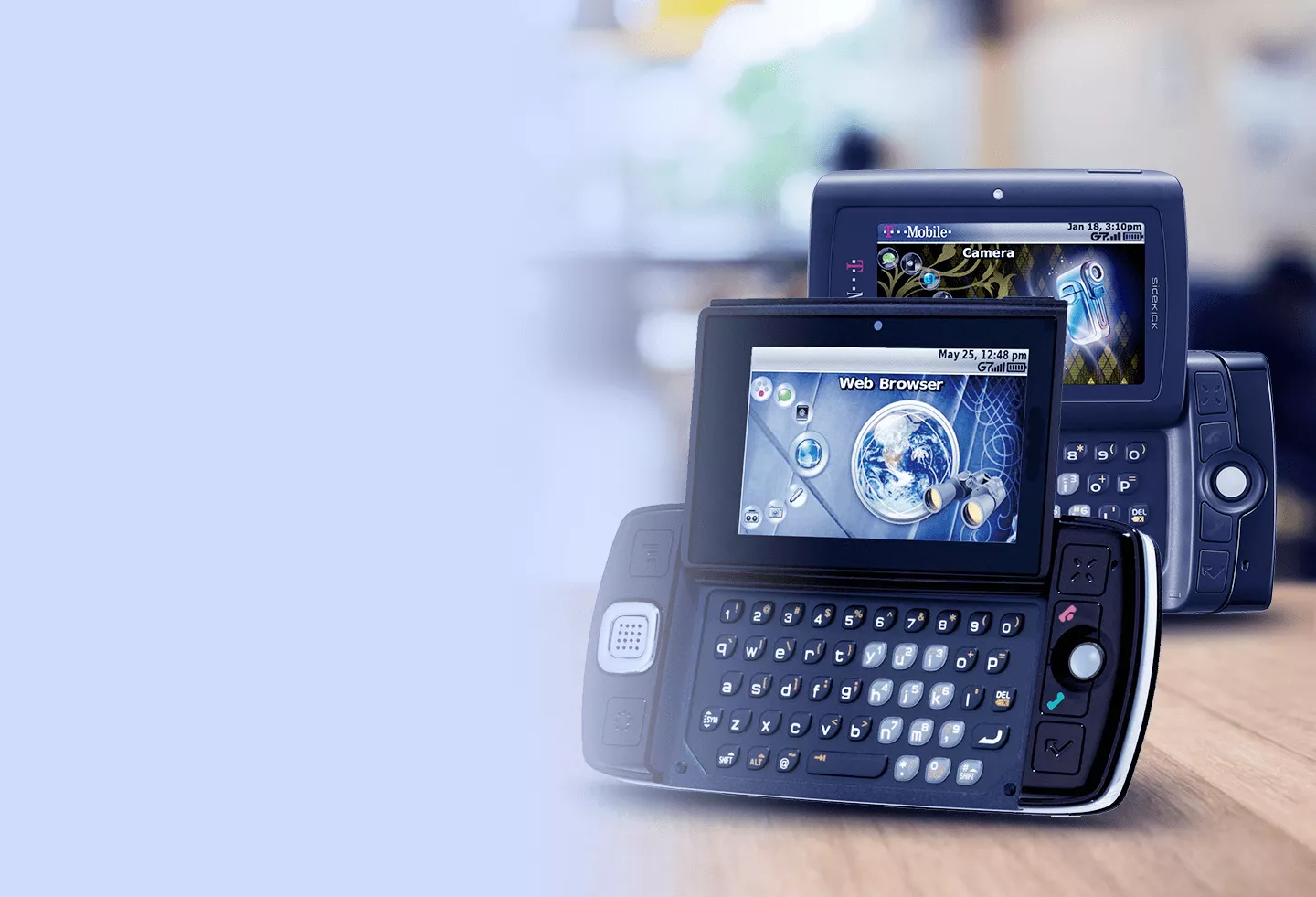Danger: Messaging App for the Mobile Pioneer
Delivered a variety of projects for the predecessor of the modern iPhone and Android devices. Enhanced Danger’s engineering capabilities, helped meet cost and time-to-market targets. Danger project is a wonderful part of Waverley history, one of the earliest works in mobile development.


